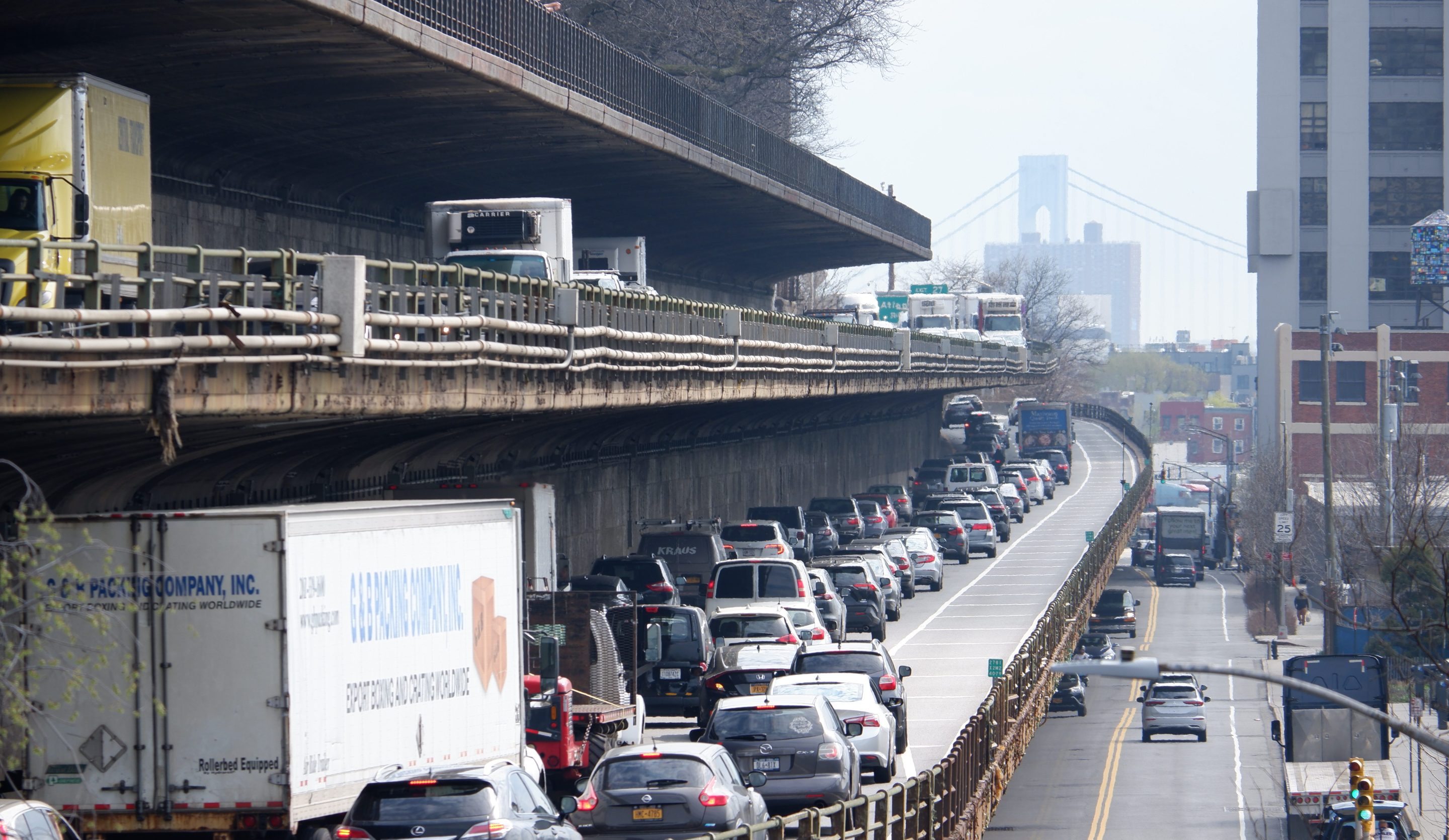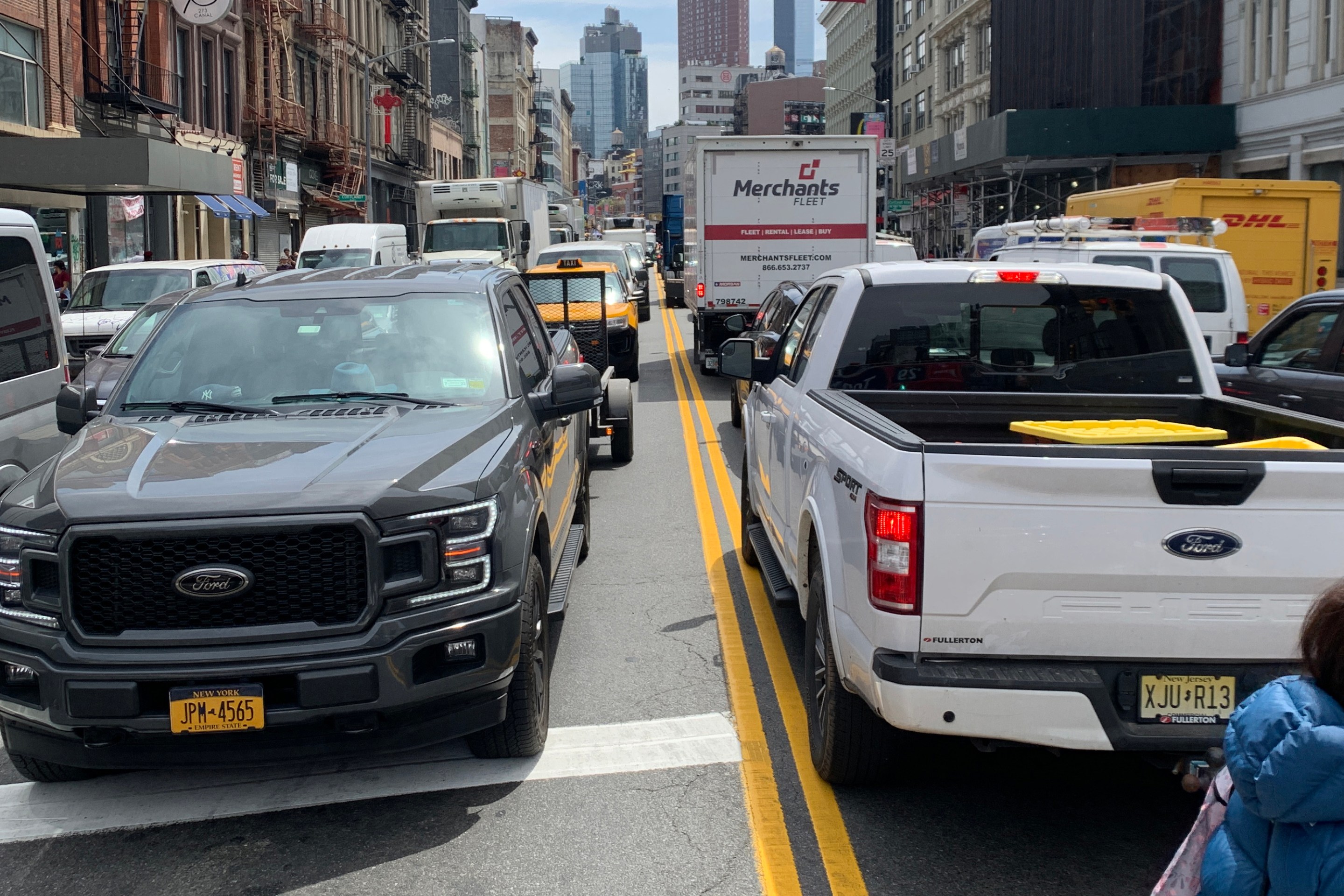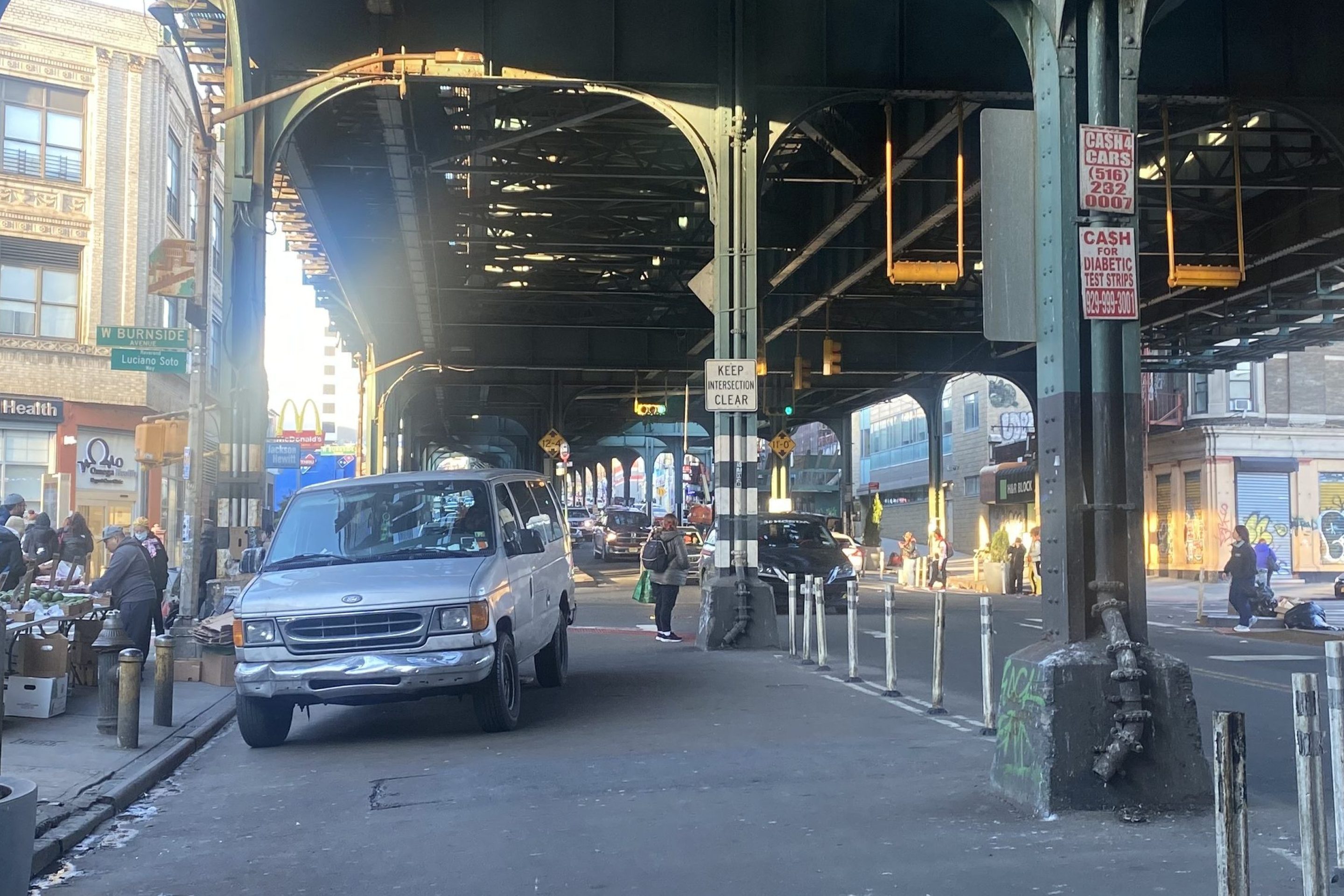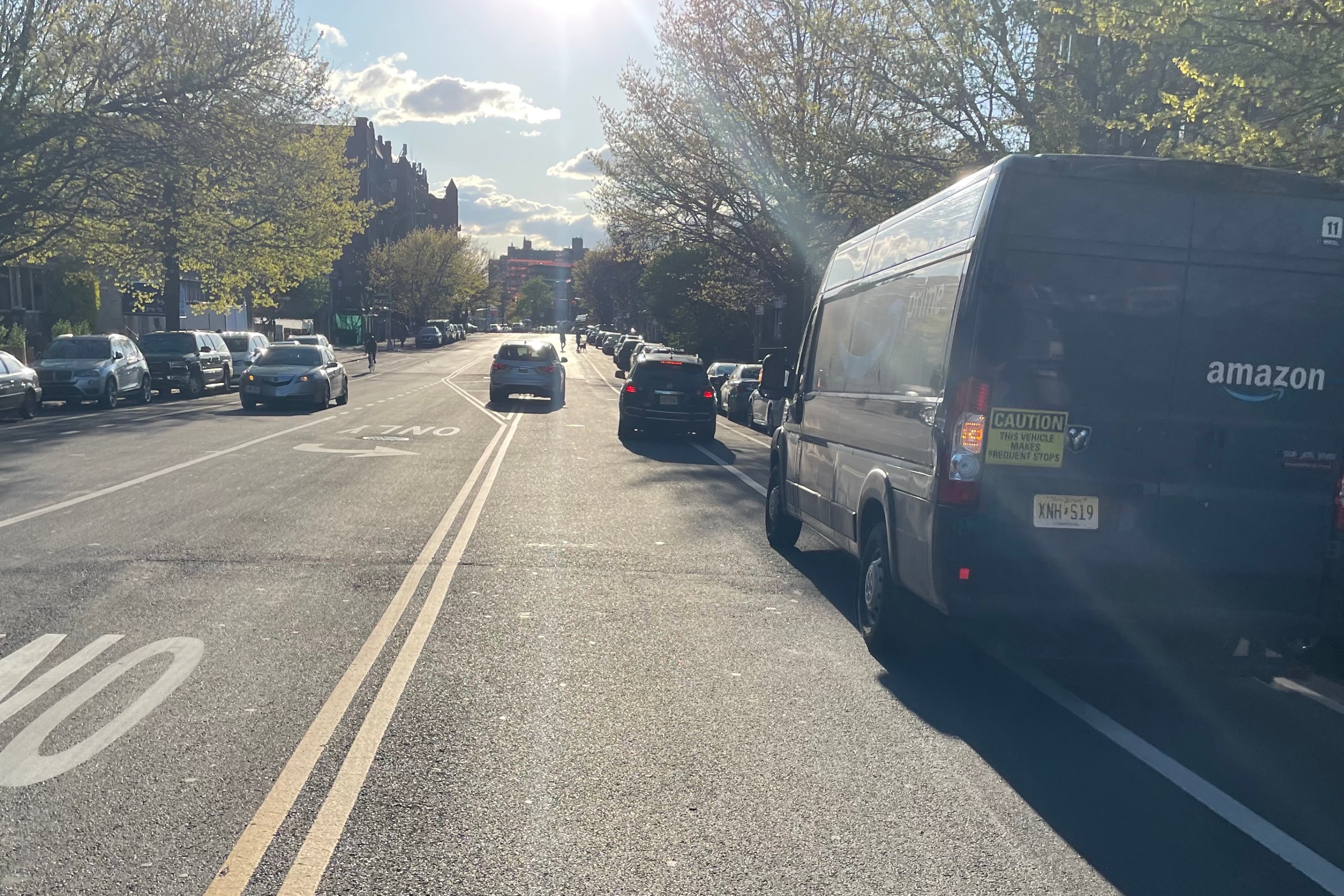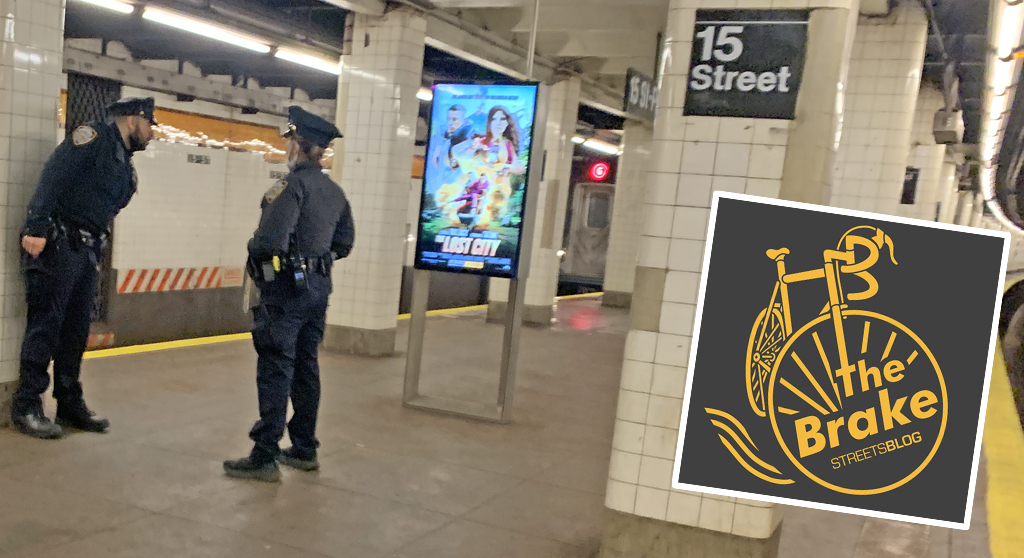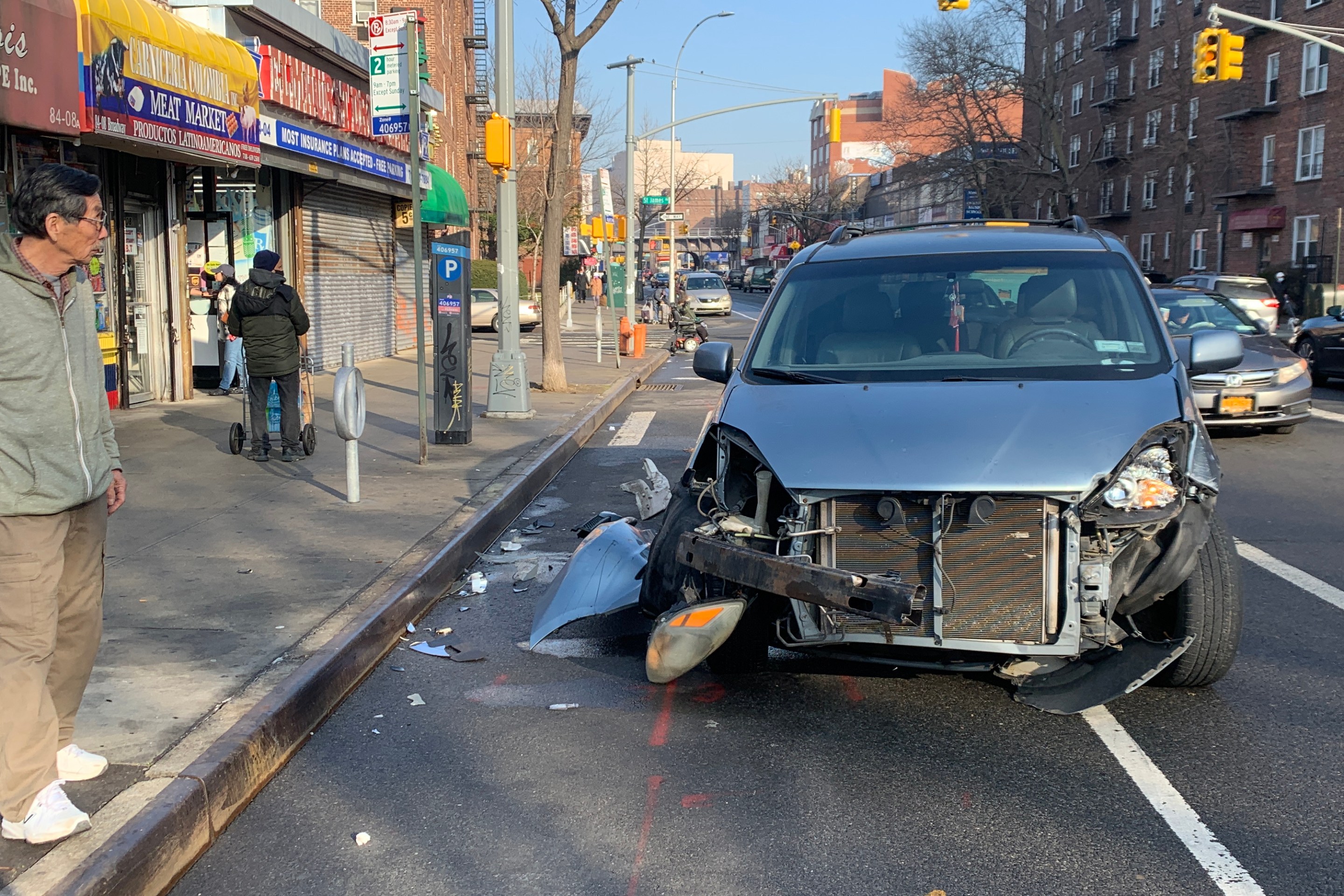Gov. Hochul must stop the Adams administration’s plans to rebuild and possibly expand the decaying Brooklyn-Queens Expressway, community groups demanded on Friday in a letter accusing City Hall of ignoring their call for a wholesale reimagining of the Robert Moses-era highway.
“The BQE requires a true vision that features expansive, comprehensive planning efforts across the corridor beyond current plans and processes,” the Brooklyn-Queens Expressway Environmental Justice Coalition wrote to Hochul.
The group, which includes 17 organizations along the BQE corridor, including El Puente, UPROSE, the New York City Environmental Justice Alliance, and the Brooklyn Heights Association, accused the city Department of Transportation of performing “predetermined” community outreach for its project as City Hall seeks federal funding for the massive overhaul.
DOT earlier this year asked the groups to sign vague letters of support for grants from the feds, but declined to share what specific efforts the grants might fund.
The groups now worry officials will double down on the highway while merely ticking a box for a public engagement process that they said “fails to incorporate community priorities, ideas, and voices genuinely."
“Our suspicion that the process is designed to tick off a consultation requirement on DOT’s checklist, rather than gather genuine community feedback, was confirmed when DOT asked organizations and elected officials to send letters of support for the agency’s grant applications, which DOT did not share, a week before they applied,” the letter said.
Instead, the groups called on the city and state to "wholly transform" how people and goods move along the corridor, which divides neighborhoods while overwhelming them with pollution and traffic violence.
“Residents and organizations involved in the Community Visioning Council and the Community Partner Program have found that proposed plans have been predetermined and decided upon ahead of community engagement events,” the groups wrote. "The existing BQE Vision Process will only lead to billions of city and state taxpayer dollars spent to simply preserve the failed and dangerous BQE with a Band-Aid.”
Mayor Adams has floated widening the highway to six larger lanes, arguing that spillover traffic is snarling side streets. But Adams also failed to adopt key expert recommendations to curb congestion on the rickety structure after former Mayor Bill de Blasio narrowed the cantilever to four lanes in 2021.
DOT launched a behind-the-scenes effort over the summer to win $800 million from Uncle Sam to maintain the BQE indefinitely, in particular the 1.5-mile long section between Atlantic Avenue and Sands Street that includes the crumbling triple cantilever — ignoring environmental and neighborhood groups' calls calls for Adams to scrap the “car- and truck-centric” plans.
New York State controls 88 percent of the Brooklyn portion of the BQE between the Verrazzano and Kosciuszko bridges. But state highway officials have shown no desire to change their sections of the road through neighborhoods of Williamsburg and Sunset Park.
The environmental groups in their recent letter called on the city to publicly release any of its recent BQE grant applications.
City and state departments of transportation should complete a comprehensive BQE plan with true local input that addresses environmental and health impacts from air pollution, reconnects neighborhoods and moves goods and people along the corridor without further destroying the planet, the groups said.
Such a plan would include funding and planning for projects that have so far failed to materialize, including:
“Real climate adaptation and resilience means seriously investing in alternative modes of transportation for people and goods that move us away from depending on the highway and greenhouse gas-emitting trucks and cars," they wrote. "Attempting to preserve the BQE, rather than investing in alternative transportation, paves the way for a continued public health emergency in our communities.”
A rep for the city's DOT said the agency has invested about half a million dollars to work with community organizations on engagement, and held "briefings" with them "to detail our goals" ahead of applying for federal funding.
"We have so far collected input from thousands of New Yorkers and have demonstrated that we are willing to pivot or make changes to our proposals based on that feedback to develop a shared vision for the BQE’s future," said Vin Barone in a statement.
A spokesman for Hochul's office added that state officials are "working closely" with the city on the BQE.
